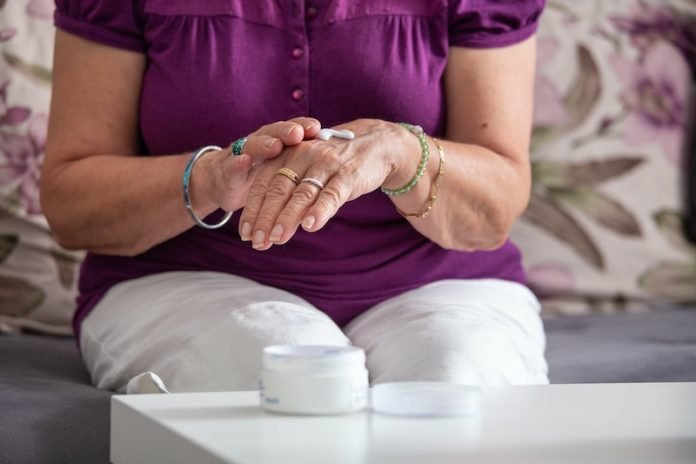
Scientists at The Chinese University of Hong Kong have discovered that the gut microbiome could hold markers for Parkinson’s disease and may indicate a way to diagnose it early.
Parkinson’s disease and REM sleep behavior disorder
The researchers investigated the gut microbiota in Parkinson’s disease and its precursor, REM sleep behavior disorder (RBD).
RBD affects around 40% of patients with Parkinson’s disease (PD) and is characterized by acting out one’s dreams during sleep.
The study aimed to find any correlations in the gut microbiota between comorbid pathologies to see if they could find a causal link.
The gut-brain connection
The gut microbiota has increasingly become the subject of research in recent years due to the growing understanding of the gut-brain connection and the relationship between neurological pathologies and microbiota populations.
Correlations between pathologies and microbiota profiles can be similar across patients with shared diagnoses, although causal relationships are not always clear.
α-synucleinopathy and Parkinson’s
Parkinson’s disease is characterized by the abnormal aggregation of a presynaptic neuronal protein in the central nervous system (spine and brain), alpha-synuclein (α-syn).
While it was thought that α-syn pathology caused the disease, studies offer increasing evidence that α-syn pathology has already occurred in the enteric nervous system.
The researchers, therefore, looked at the relationship between the gut and Parkinson’s disease.
RBD as a precursor signal
RBD is considered the most specific precursor signal of Parkinson’s.
Patients with RBD report having an increased prevalence of constipation and increased phosphorylated α-syn immunostaining in their enteric nervous system.
Parkinson’s patients with RBD features also exhibit these increased constipation and enteric α-syn histopathology effects compared to those without RBD, suggesting a distinct subtype of Parkinson’s disease that reflects a gut-brain link of α-synucleinopathy.
Depletion of butyrate-producing bacteria and enrichment of pro-inflammatory Collinsella
The researchers conducted a cross-sectional microbiome study across prediagnoses and early stages of Parkinson’s disease and RBD.
The study found that the gut microbiota compositions were significantly altered in early Parkinson’s and RBD compared with controls and the relative cohort.
In RBD patients, the overall microbiota composition shifted closer to those with early Parkinson’s.
The study identified 12 microbial markers, including depletion of butyrate-producing bacteria and an overabundance of Collinsella, Desulfovibrio, and Oscillospiraceae UCG-005.
The profile produced a signal distinct enough to distinguish RBD from controls reliably with machine learning assistance.
Markers for pathology pre-symptom progression
The researchers found markers for pathology pre-symptom progression of Parkinson’s disease and REM sleep behavior disorder, highlighting the potential role of gut microbiota in the pathogenesis of α-synucleinopathy.
They concluded that these observations open the door for future research to go beyond correlations and seek the early causative path of both diseases to find a pre-clinical diagnostic intervention to prevent Parkinson’s from developing in the first place.
If you care about Parkinson’s disease, please read studies about Vitamin E may help prevent Parkinson’s disease and findings of MIND and Mediterranean diets could help delay Parkinson’s Disease.
For more information about brain health, please see recent studies about new way to treat Parkinson’s disease, and results showing flavonoid-rich foods could improve survival in Parkinson’s disease.
The study was published in Nature Communications.
Copyright © 2023 Knowridge Science Report. All rights reserved.



